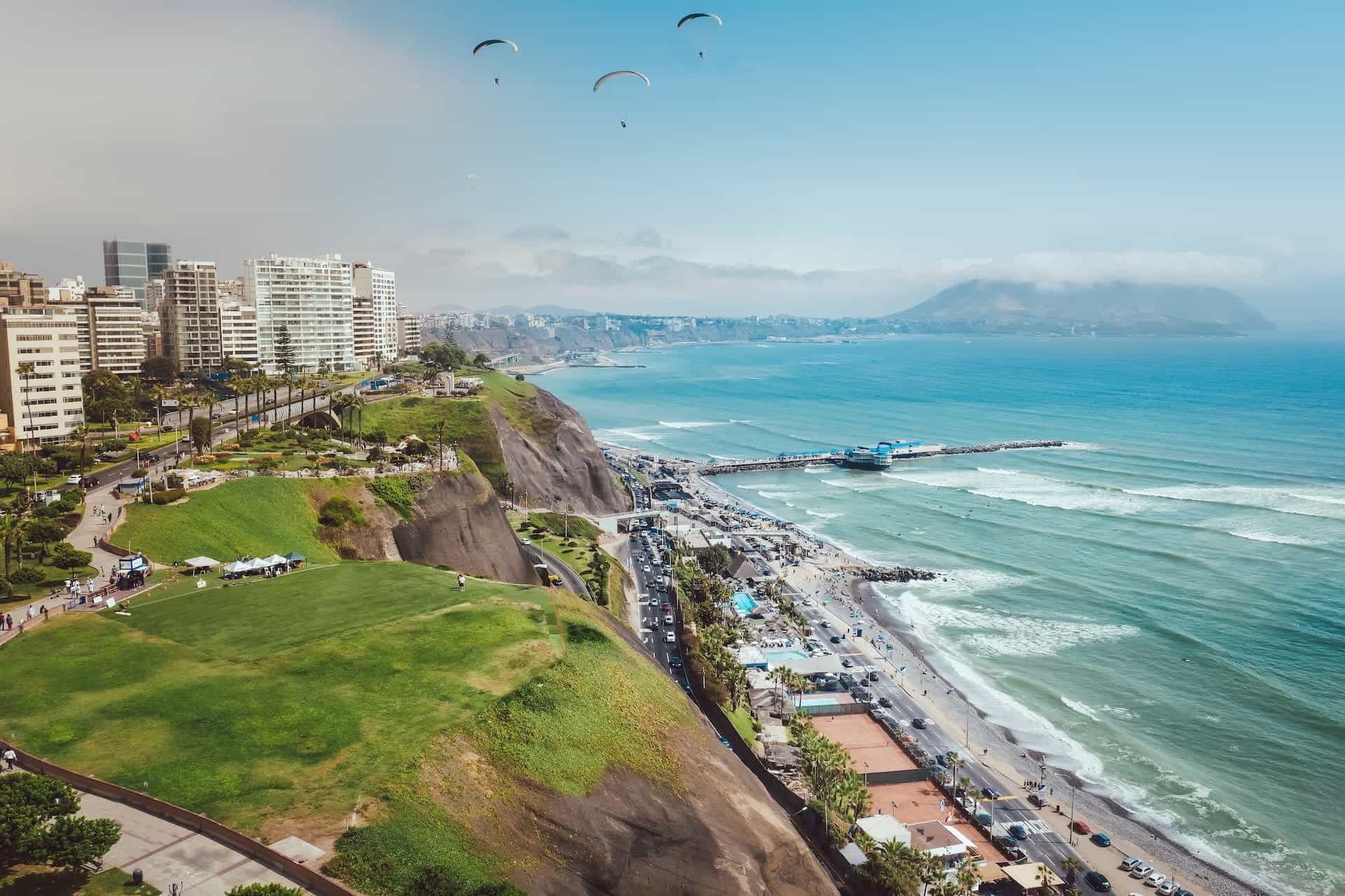Regulated Betting Law Updated in Peru
Peru is one of several countries in Latin America that has undergone gambling law reform in the last two years. While some countries, like Brazil, are still working to secure regulated gambling legislation on a federal level, Peru took the plunge in July 2022. The legislation was put into effect starting in August 2022. Though it has not yet been a year since the changes were made, some involved in the industry are asking for further modifications to the law.

Peruvian lawmakers seek to update its new gaming bill.
©Creators/Unsplash
Laws target foreign operators
Peru’s gambling regulation law is known as Law 31,557. It covers both games of chance and sports betting. Since it came into effect in August of last year, those working in the industry and those regulating it have gotten a chance to see how effective the regulations are.
Though the process of getting the law passed took time and much discussion, some have determined that further changes are in fact necessary. Specifically, Congresswoman Lady Camones who works within Peru’s Foreign Trade and Tourism Commission has spoken up in support of a modification to the law. This modification comes in the form of Bill No. 3595/2022-CR.
Bill No. 3595/2022-CR mainly deals with the issue of foreign companies who provide gambling and sports betting services — including casino games, online slots, and many others — within Peru. Though national, Peruvian-based operators are subject to the rules of the current law, it does not extend to foreign operators.
The problem according to Camones and other supporters of the newly proposed bill is that foreign operations make up a massive percentage of the betting happening in Peru at present. This is another trend that can be seen across Latin America, where betting has happened in an unregulated fashion for years, thus making it ripe for foreign companies wanting to break into new markets.
Camones has said that foreign operators account for 70% of so-called remote betting activity; in other words, activity that is happening online rather than in brick-and-mortar gaming houses or kiosks. That means that many operators are not subject to the same regulations, creating an unfair landscape for national operators.
It also means outsiders have not been subject to the same tax and licensing payments, leaving a significant sum on the table that the country could be benefitting from. A modification to Peru’s gaming laws could change all that.
At the moment, Peru’s local operators are obligated to contribute 12% tax as well as paying a fee per point of sale or machine. It could be seen as unfair that online operators do not need to do this under the current law. That is what legislators are seeking to change.
Peru grapples with nationwide strife
There could be further changes to Peru’s gaming regulations of Bill No. 3595/2022-CR if accepted by the legislature. The changes to how online gaming platforms operate could extend also to how players’ identities are verified, as well as how bets are tracked, with the idea of reducing gaming by minors, money laundering and other clandestine activity.
In Peru, the regulation of betting is managed by its Ministry of Foreign Trade and Tourism (known as Mincetur). Mincetur therefore has ample work on its hands to consider not only the registration of legal gaming platforms, but also their taxation, as well as how well they work to protect consumers.
For example, players also have the option of registering through self-identification to be barred from gaming platforms. This is, of course, more difficult to maintain effectively if registrants can still access outside betting sites from within Peru.
Peru’s government seems to be moving forward with this issue though it has largely been occupied by a state of emergency in the last few months. Its ongoing anti-government protests have become violent and have resulted in the loss of dozens of citizen’s lives. Despite the hope of the government, the protests continue to rage as Peruvians feel unheard by their representatives.



